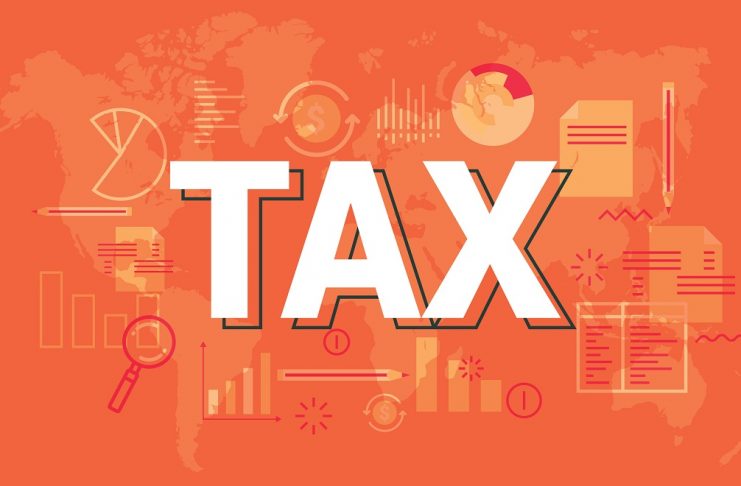We have all heard about the crypto millionaires; people who invested in cryptocurrencies before the rest of us had a clue about what Bitcoin was. These investors saw their investments rise 10, 20 and even 50 times and reaped millions of dollars in months. However, very rarely do we hear how these gains became the source of misery. This is the case with one investor from California who made over $800,000 from his investment in Ethereum. However, after the market dipped, he discovered that he owed the government over $400,000 in taxes. Now, working at a $12/hour job, he fears he may not ever accrue enough to pay the taxes.
A Dipping Market And Bad ICO Bets
In May of last year, one university student in California got introduced to the world of cryptocurrencies. Like many of us, the student got wind of cryptos from a friend who was “going all in” on Ether. He was quickly sold on the opportunity and immediately opened an account with Coinbase. He then went on to invest $5,000 in Ether which according to him was half of his life savings. It was one of the best investment decision he ever made as in the months that followed, the value of his ETH stash skyrocketed as the entire crypto market reached dizzying heights.
As he explained in a Reddit post, his crypto investment of $5,000 had risen over 180 times in just a few months and stood just $20K shy of $900,000 during December of 2017. At the time, the market was doing extremely well, the overall market cap was approaching the $1 trillion milestone, Ether was trading at over $1,300 and Bitcoin was approaching $20,000. What could possibly go wrong?
December was a perfect time to exit the market and cash out his stash, but he had other ideas:
Now I should have listened. I should have cashed out, yes. Once I hit $1 million I was going to… I would have been set. And then, JUST like that the market tanks going into the new year.
The price of most cryptos sunk in the new year, with Bitcoin shedding over $10,000 in the first 30 days of the year. He then decided to invest in ICOs, which had been proven to have great returns in the previous year. This too failed miserably after he invested in some ICOs that sunk.
However, from an initial investment of $5,000, he had still made a handsome profit as his crypto stash stood at $125,000. There was one problem however; he hadn’t paid a single cent in taxes for 2017. As a result, he couldn’t offset his $700,000+ losses in 2018 because in the US you are only allowed to claim $3,000 in deductions for capital losses per year. Had his portfolio dropped to $125,000 before the end of 2017, he would only owe roughly $60,000 in taxes, but since the losses occurred in 2018 the tax bill is calculated based on the net gain he had at the end of the year. The end result, is a tax bill of over $400,000 for 2017. The university student reportedly works part-time as a retail associate at Barnes & Noble where he makes $12/hour.
The reason the college student didn’t think he owed any taxes is because he never actually converted any crypto into fiat. That logic was valid for any trades prior to 2017, as the IRS never clarified whether exchanging crypto to crypto constituted a like-kind exchange, which would exempt any tax liability for such trades. However, in a tax bill enacted on December 31st 2017, the IRS included a provision that limited like-kind exchange exemptions to real estate only. As a result, if you converted Bitcoin to Ethereum in 2017, that would be considered a taxable event, just like if you were to convert Bitcoin to USD.
It is worth mentioning that had the college student lived in Canada, he would have been able to offset 2018’s losses with the 2017 gains. According to Canada.ca: “You can use a current year net capital loss to reduce your taxable capital gains in any of the three preceding years or in any future year.” In the US however, you can only claim previous year losses for future years, with a limit of $3,000 per year, not the other way around.
Crypto taxes have continued to be a puzzle for many in the industry. This is not helped by the conflicting views from some of the government entities that are expected to shed a light on the issue. The CFTC considers cryptos as commodities which gives it jurisdiction over the market; the IRS considers cryptos as property which makes them subject to income taxes and capital gains; the SEC treats certain cryptos as securities while FinCEN has stated that some crypto transactions constitute money transmission.
Image(s): Shutterstock.com





2 Comments
This is shameful for USA, looks like 50% tax + assymetric gains vs loss tax rules
Let’s face it: US gov is hell bent on destroying all cryptos.